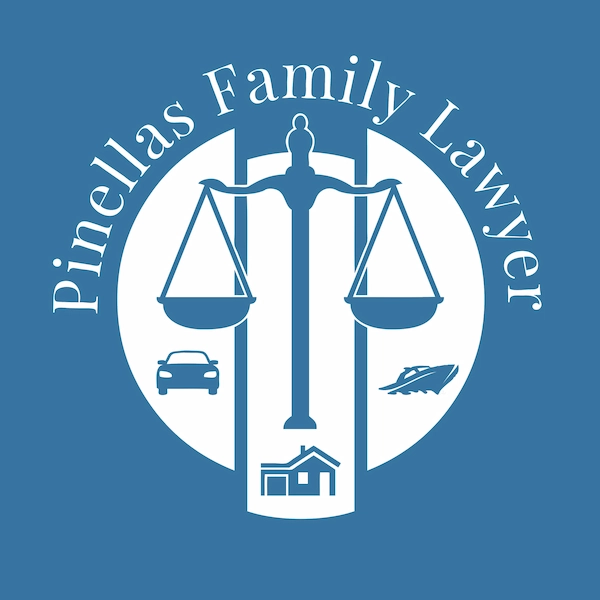
Stetson Law Campus – Courtesy of Stetson University College of Law
Learning doesn’t end with law school, it just begins. In law school you learn about how to read a case and how to make a good legal argument. All the learning you do in law school still doesn’t make you a great attorney. For many, going to court is easy. Researching the law is easy. Making a good argument for your client after you have all the facts and law in front of you is easy. Putting everything you have learned into practice to achieve the best result for your client, that’s the difficult part.
During your 1L year you learn the basics of our legal system. You learn answers to things like how is a contract formed, how do I draft a memo, what elements do you need to prove murder, what does property law mean in the U.S., what is a tort, and how do you prove liability. These are all great things to know to pass the bar exam, but not necessarily helpful in your daily life as a practicing family law attorney.
During your 2L year you learn about what evidence is admissible at trial. You learn the basics of how to conduct yourself during a trial (if you plan on doing litigation). You become familiar with ethics in the form of the Rules of Professional Conduct. During your second year of law school, you probably also start to learn some more practical law such as commercial contracts or land use law (one of my favorite classes, but I’m not sure when I’ll need to understand zoning regulations as a family law attorney).
During your 3L year you have the opportunity to take some “skills” classes where you learn what a motion is and how it should be drafted. You are taught how to take a deposition. You learn skills that help you to choose a jury for trial. There are even some more practical courses like how to manage a law practice.
Some assignments in law school require you to spend some time observing court proceedings or doing mock depositions or trials. Practicing attorneys spend time talking about what it’s like to practice in their area of law during club meetings or as guest speakers for a class. Many law students even participate in a clinic that allows them to shadow an attorney and perform work on actual client’s cases. I spent my time at a local non-profit, Gulfcoast Legal Services.
While it’s nice to have gotten a taste of what it might be like to be an attorney, the fact is, most attorneys feel inadequate for the first few years of becoming an attorney. I know attorneys that have been practicing for a couple years that are amazing at their jobs, and they still say they feel like they have no clue what they are doing because they are still learning something new each day. They refer to being a lawyer as practicing law because no matter how long you’ve been practicing, there’s always more to learn.
One thing I don’t think you appreciate until you become a lawyer, or part of any professional association for that matter, is what the term “board certified” means. It sounds fancy to someone who doesn’t know the profession, but within the profession you realize that it means that person probably has more knowledge than other attorneys in the field because they have spent time (at least 5 years after graduating law school) learning the intricacies of their specific area of law. This means they probably enjoy what they do or are at least passionate about it. While it doesn’t necessarily mean they are any more ethical or skilled at their actual job, it is a pretty good indicator that you’re not dealing with a clueless attorney.
I’m on my path to being board certified in family law, and it is still a few years in the future, but I enjoy being able to learn new information all the time, information that I know I will be able to put into use to help my clients as I grow my practice. I also enjoy being able to meet other professionals who are equally interested in being an expert in their field. Attending required classes to become board certified in family law not only allows me to learn from the classes, but also to make new friends within the legal community and the local community. It allows me to surround myself with people knowledgeable in their field that I can turn to when I have a difficult question requiring practical knowledge that can’t be learned from a book. So, maybe law school does teach you some things, but the great part about being a lawyer is the learning never stops. There are always new cases being decided that change how judges interpret the law, and each client’s situation brings new and unique challenges. I embrace the fact that I will never know everything there is to know about family law, and even once I become board certified, I look forward to a lifetime of learning.
